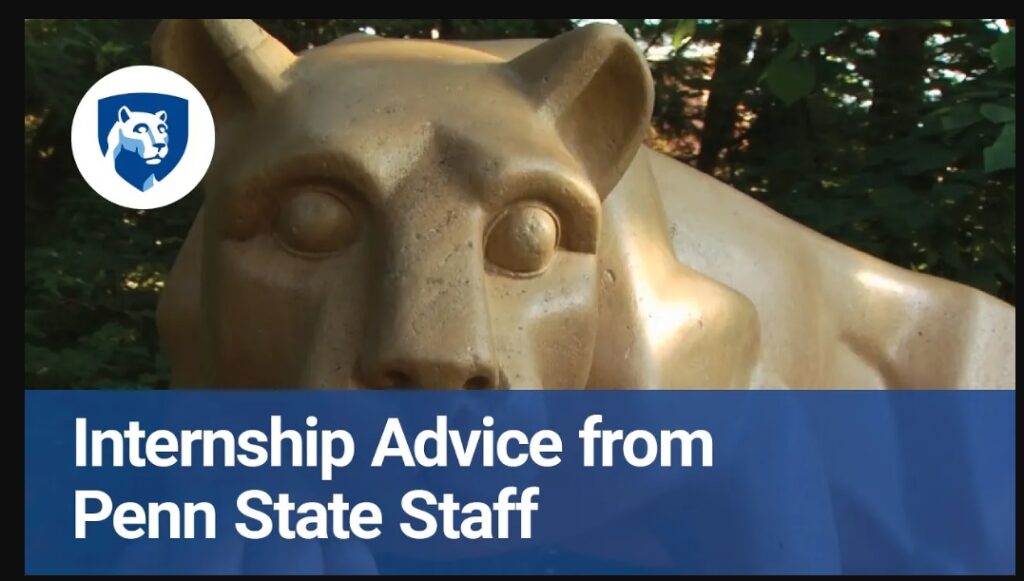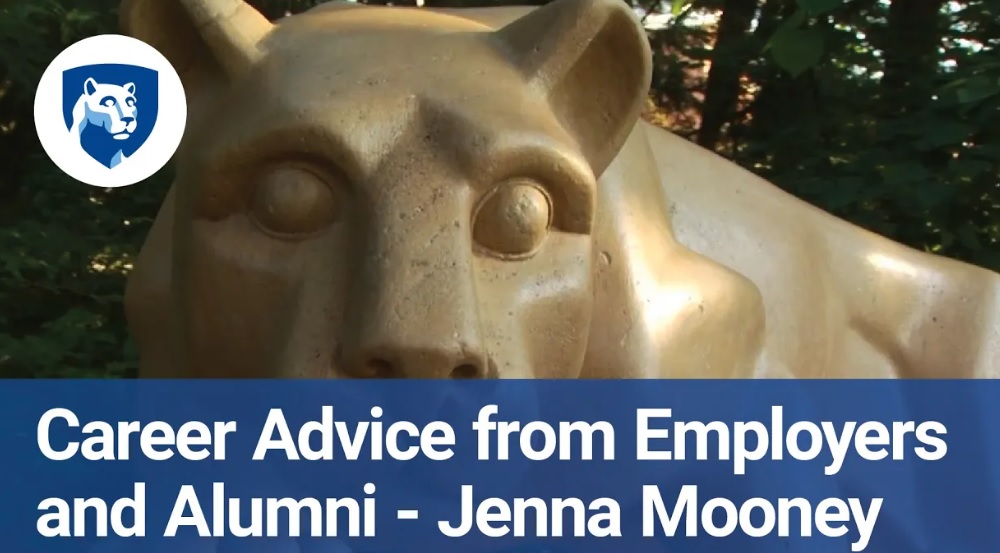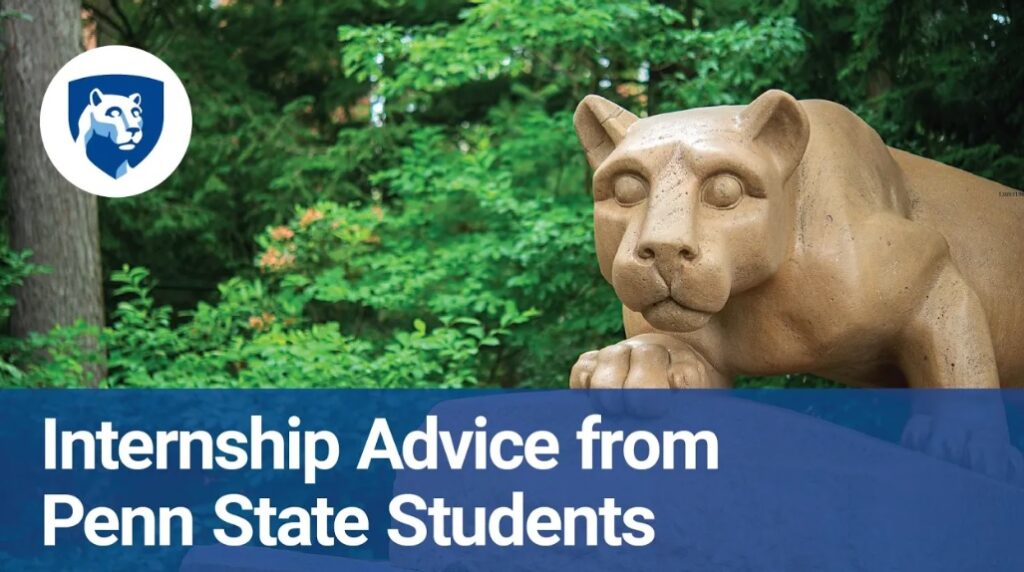
A colleague recently asked me what common mistakes I see when reviewing resumes. Here are the top five–plus three takeaway tips.
1. No particular audience or objective: Whenever you write anything – even a resume – you have to consider the reader and the purpose of your writing. Think about what you are trying to achieve by writing a resume. The goal is to communicate why you’re a potential match for a position to a specific employer (and yes, that means not using the same generic resume for all positions).
Takeaway #1: Clearly address your audience and tailor the resume
2. Treating a resume like a job description: A resume is a marketing tool meant to grab an employer’s attention and sell your strongest accomplishments and skills. Under the “experiences” section, put current capabilities and your future potential in the form of accomplishment statements.
3. Vague accomplishment statements: With accomplishment statements, the goal is to show an employer that you have a proven track record of providing results When reviewing your resume, an employer wants to know “what can you do for me?” or “what has this person done that can help my organization?” To connect what you offer, use the “Challenge, Action, Result” formula to describe your experiences. What was the challenge? What action did you take? What was the result of your actions? Remember to be as specific as possible.
| Vague | Trained associates |
| Better | Trained associates resulting in increased profits |
| Getting there | Trained more than 10 associates over three months resulting in increased profits |
| Best | Increased storewide profits by 10% by providing effective training to more than 10 associates over a three month period |
Takeaway #2: Create a clear picture of accomplishments using actions and results.
4. Content doesn’t relate: People often ask questions about what belongs on the resume, such as “should I list my hobbies or where I attended high school or other extracurricular activities?” Ask yourself: does it relate to my focus? It is probably not advantageous to list your high school if you seek a sales manager position in manufacturing; if you’re applying for a teaching position at the high school you attended, on the other hand, you probably want to include it. Remember to focus on the purpose– meaning, why you are writing this specific resume to the particular audience who will read it.
5. Not researching skills and keywords: It requires homework to understand what employers seek. It’s important to ask what competencies an employer needs. Use research tools that can help you identify the skills or keywords you want to include in a resume (e.g., www.careeronestop.org, the Occupational Outlook Handbook, professional association websites, the actual job posting). Typically there are experiences that come to mind that make you think you are a good match when you read a job post. What are the skills associated with those experiences? And are you using the language of the employer to describe them?
Takeaway #3: Select accomplishments that include relevant skills and knowledge, show how your skills transfer to a position and use keywords.
One last pointer: Yes, we are Penn State (go State!), but in the education section, our official institution title is The Pennsylvania State University … WE ARE, PENN STATE!



